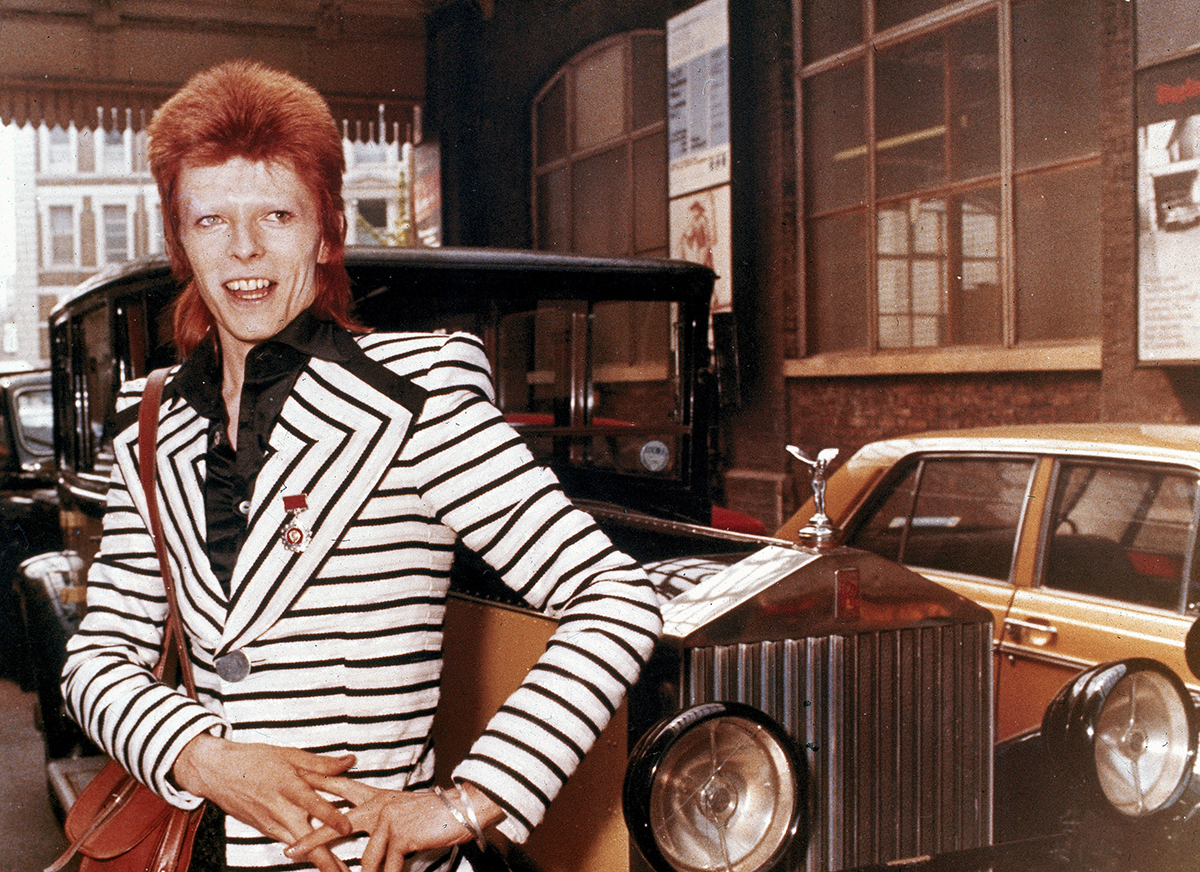How a Salem Company Helped Put David Bowie on CDs
David Bowie is dead; long live that beautiful weirdo.
In the late-80s, as the compact disc ascended to the music industry’s medium of choice, Bowie had yet to make the jump. Fans clamored for a reissue of the glam-rocker’s complete catalogue. A 1988 consumer survey revealed that “The Rise and Fall of Ziggy Stardust” was the most demanded title not yet on CD. The 16 albums Bowie churned out during his time with RCA between 1969 and 1983 were briefly issued on CD in 1985, but quickly pulled when they were remastered without his consent.
In 1989, following months of rumors and speculation, Bowie changed his tune—but not without a little help from Massachusetts.
Founded in 1983 by entrepreneur Don Rose, Salem-based Rykodisc was the world’s first CD-only label. It turned heads when it snagged Jimi Hendrix and Frank Zappa’s back catalogue rights and issued remastered versions to acclaim. Bowie had regained his back catalogue rights from RCA in 1984, and gave the European rights to Capitol-EMI. The North American rights, however, landed in Salem after two years of negotiation—Rykodisc’s “most impressive coup yet.”
“We won’t be releasing the albums as they were, but will be adding more songs to make them more interesting,” Rykodisc’s Carrie Anne Svingen told the Globe at the time. “We’ll be searching the archives for interesting B-sides and songs that were left off because there was already enough material for a particular album. We’ll be able to fit them on a CD, because CDs can contain so much more music. And we’ll be digging up unreleased live material. We want to beef up everything.”
According to Brett Milano of the dearly departed Boston Phoenix, Rykodisc “went the extra mile” with its Bowie reissues, “with beautiful packaging, much-improved sound, and bonus tracks.”
By 1999, with their license expired and Bowie albums out of print, Rykodisc vacated its offices in Salem and departed for New York following a merger with Palm Pictures the previous year. Wrote Milano of the situation:
At the time Rose and other label reps insisted it was a win-win situation: Rykodisc would get higher visibility and better distribution, and nothing else about the label, especially not its Salem headquarters, would be changing. Then the news hit last Friday that the label is moving to New York to integrate with its parent company. It remains to be seen how this will affect the label’s 60-odd employees; most are being offered their jobs back if they’re willing to relocate. Rose himself is staying in the Boston area, where he’ll remain chairman of Rykodisc and an adviser to Palm Pictures.
“I can only say it will be the same but different,” Rose maintains. “Rykodisc has always been something of an anomaly. We’ve been defying gravity from the beginning, and those forces have finally caught up with us.”
Warner Music Group acquired Rykodisc in 2006 for $67.5 million, and folded the label into its Alternative Distribution Alliance three years later.
“A tiny independent label isn’t supposed to lure the likes of a David Bowie away from the conglomerates,” wrote the Globe. “It’s a tribute to Bowie’s open mind—and to Rykodisc’s persistence.”



